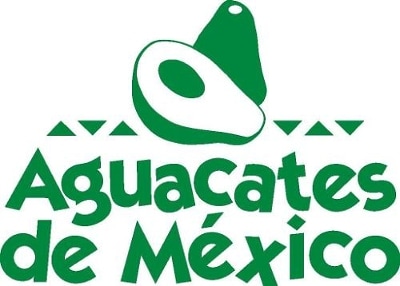 In one possible scenario (one in which the house isn't burned down), the newly-announced 20% tariff on imports from Mexico is passed through on all Mexican products consumed or sold the U.S. Most of these imports are goods, and so this is in effect a flat tax on the American consumer. The 20% is fronted by the Mexican exporters, and paid back to them by the U.S. consumer through higher prices. This effective tax would be regressive since it disproportionately affects those for whom low-cost goods represent a significant portion of their consumption. In this rosy picture, the tariff is a 20% consumption tax on cheap imports that pays for a huge wall on the U.S.-Mexico border. The impact is slightly higher, since Americans will have to pay state sales taxes of roughly 5% because of the passed-through prices, meaning the tariff is in effect a 1% state sales tax and a 20% federal consumption tax on Mexican goods. Other's have different (more elaborate) ideas. 1) A reduction of vegetable consumption by roughly 1%, enough to increase cancer risk among extremely price-sensitive (say, below the poverty line) consumers. 2) Something for a few years, nothing good in the long term. 3) The beginning of a trade war that depresses GDP growth. 4) A good opening move in a long NAFTA re-negotiation process. It is unlikely, though, that the full cost of the tariff will be passed to consumers. Instead, Mexican imports will be replaced with the next-cheapest imports or domestically produced item. For example, most of the avocados consumed in the U.S. come from Mexico (hence the commercials). Suppose the normalized cost of each Mexican avocado is about a dollar, but each U.S. avocado is about $1.15. China also produces avocados that are slightly more expensive (say, $1.05) than Mexican ones. When there is an additional $0.20 tax on each Mexican avocado, consumption will switch instead to Chinese avocados, not American ones, and the price of avocados at Star Market will increase by 5%, not 20%. This means the effects of the tariff will be muted by our (seemingly waning) participation in free trade agreements. It isn't fine if you think this tariff is going to pay for an expensive public works project along the Southern U.S. border. Without the money from the tariff, Congress will be forced to pay for the project with tax dollars. Since our tax code is progressive, the cost of the wall will be paid for with a progressive tax on American income. In no situation, of course, do Mexicans pay for the wall, unless "pay" is being used in the sense of "you'll pay for this!" (which it might be), as the decline in Mexican exports will be damaging to their economy. Comments are closed.
|
AuthorOceanographer, Mathemagician, and Interested Party Archives
March 2017
Categories
All
|
 RSS Feed
RSS Feed
